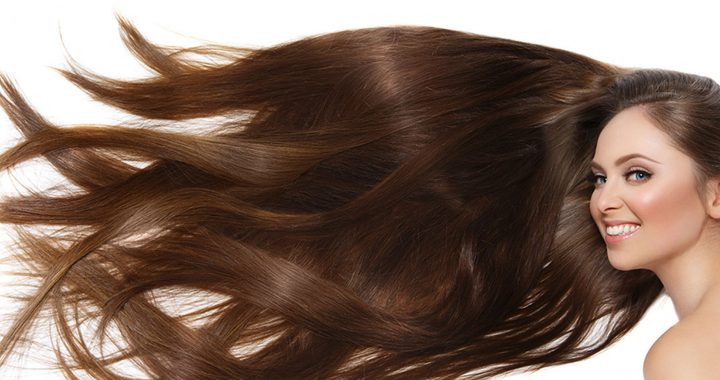Highly Efficient in Anti-Bacteria & Anti-Melanin
Highly efficient with very low dose of use
Borad activity to resist bacteria, fungi and pathogens.
0.00002% PIONIN can inhibit the growth of
propionibacterium acnes
0.00001% PIONIN can inhibit 83 % melanin formation
Anit-acne: quickly and significantly reduce spots
Reduce 50% of spots or rashes within 2 weeks
Preservative activity: improve the efficacy of
parabens or completely replace them
High security
Compliant with Japanese Quasi Drugsto be used in anti-acne products
 ⇒
⇒ 
Fast & deep effect on anti-acne & anti-freckle effect
In Vitro Test : Strongly inhibit propionibacterium acnes.

In Vivo Tests: Effectively reduce propionibacterium acnes.

Number of propionibacterium acnes on the skin during skin care process.
Clinical Test: Within two weeks, it reduced 50% spots
Testing program: Carry out test in 38 testees with acne problems.
Method: Wash face 3 times every day with emulsion containing 0.001% of PIONIN and smears twice a week with cream containing 0.005% of PIONIN.

Bactericidal activity : PIONIN can be used as a preservative
The PIONIN’s bactericidal ability allows it to be used as a preservative. In vitro test data shows that in term of anti-bacteria and anti-fungi of various kinds, PIONIN is more effective than paraben methyl ester. Therefore, just adding a small amount of paraben in the formulation containing PIONIN is enough to achieve an antibacterial effect.

PIONIN can be used alone ( See the picture below, the number of E. coli contained in 0.002% PIONIN ).
PIONIN can compensate for the methylparaben ( Adding 0.002% PIONIN can lead to an increase of anti-E. Coli activity of 0.05% Methylparaben).
When mixed with polyols, PIONIN can completely replace parabens as a preservative.

Highly efficient molecule in anti-bacteria & anti-melanin
PIONIN similar to cyanine dyes. Even a single PIONIN molecule also has anti-bacterial activity, which is the reason why PIONIN is still efficient even with an extremely low dose:
-resistant to propionibacterium acnes
and inhibits melanin production
-improves the corrosion resistance
of finished products

By causing collapse of cell membrane and cell wall and intracelluar degradation, PIONIN will damage the microorganisms.
Inhibits bacteria and fungi with an extremely low dose of use ( In vitro test )
In vitro test (see table below, agar plate dilution) proves that the extremely low dose of use of PIONIN can also inhibit a wide range of bacteria and fungi. The lowest concentration of PIONIN used to inhibit bacterial growth is called the Minimum Inhibitory Concentration (MIC).

Strong inhibition of melanin
PIONIN can prevent the formation of melanin. In vitro test indicates that:
– 0.000003% PIONIN can suppress 50% melanin formation
– 0.00001% PIONIN can suppress 83% melanin formation.
In contrast, 0.07% kojic acid can inhibit 100% melanin formation.

Highly safe and non-irritant
Human body patch test ( human body, 0.2%, 48 hours ): negative
Initial skin irritation ( rabbit, 0.2%, 24 hours ): negative
Sustained skin irritation ( rabbit, 0.01%, 90 day ): negative
Eye irritation ( rabbit, 0.0007%, 24 hour ): negative
Skin sensitization ( Guinea pig, 0.2%, maximum test ): negative
Phototoxicity ( rabbit, 0.2%): negative
Photosensitization ( Guinea Pig, 0.2%, Adjuvant-Strip Method ): negative
Induced gene mutation (10μg, Ames test, ±S9 mix): negative
Acute Toxicity LD 50 ( mouse ): 325 mg/kg
Application : Aniti-acne, anti-freckle, whitening, cleansing
Anti-acne, oily skin, anti-freckle
Whitening
Cleaning formula, hand cream
Definition
Commodity names : PIONIN
English name : BIOXYNE
INCI name : Quaternary Ammonium Salt -73
China INCI (2007): has been included
China INCI (2010): has been included
CAS#: 15763-48-1
EINECS#: 239-852-5
Related regulations : Compliant with Japanese Quasi-drugs for using in acne products.
Formula Guidelines

Technical indicators

Storage




